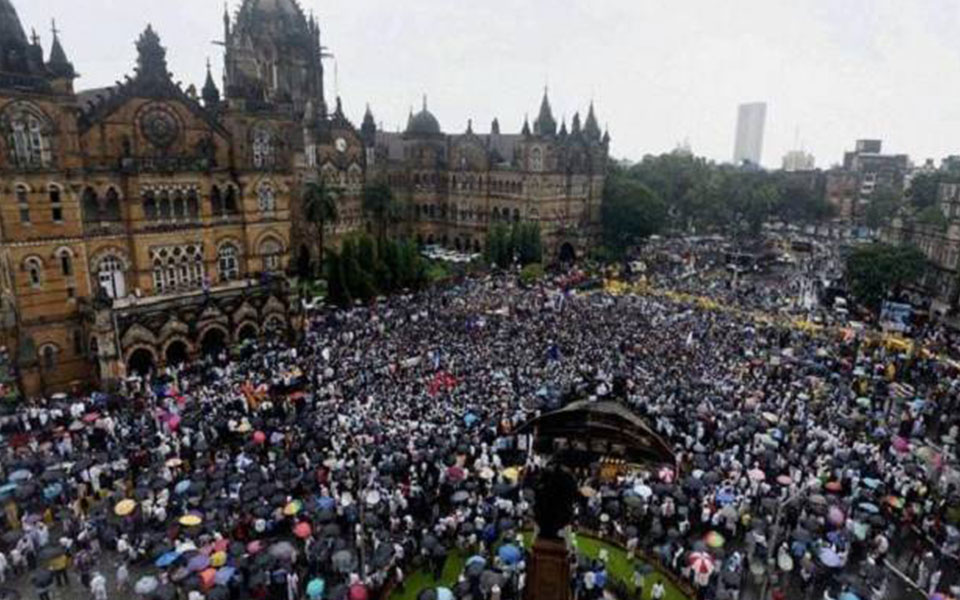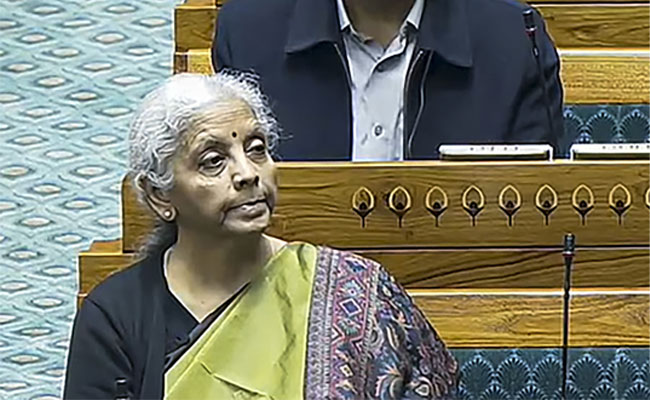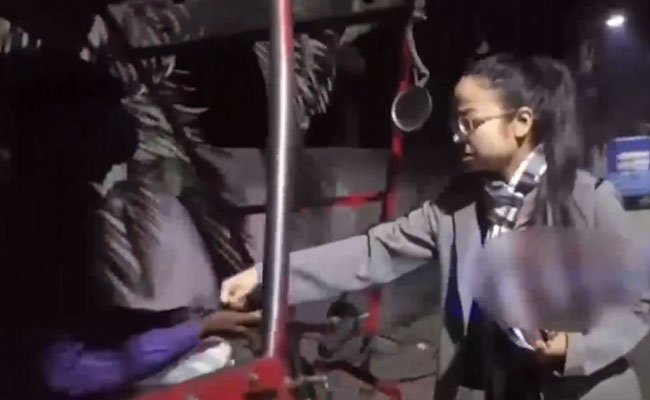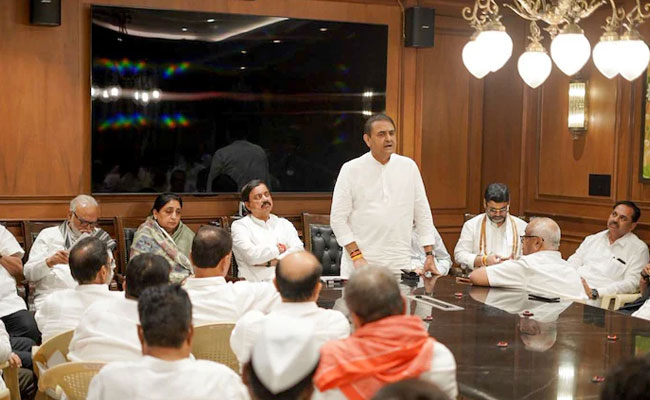Over 1,000 scientists and academics from India and abroad have endorsed a statement raising concerns over the actions of National Investigation Agency (NIA) in its investigation of the Bhima Koregaon violence.
Researchers from affiliated institutions such as Tata Institute of Fundamental Research, Azim Premji University, IIT Delhi, IIT Kanpur, IIT Madras, Shiv Nadar University, Mumbai University, Calcutta University, among others, have alleged that instead of investigating those responsible for the violent clashes in Koregaon Bhima, the NIA (and earlier, the Pune Police) has focused on the Elgaar Parishad event, a large cultural and political gathering reportedly organised by two well-known retired judges.
“Surprisingly, in this process, the investigating agencies have arrested several illustrious citizens — including academics, lawyers and prominent activists. Most of the individuals taken into custody were not even present at the Elgaar Parishad event. So it is (very) unlikely that the government will secure a conviction in this case. However, by using the draconian Unlawful Activities Prevention Act (UAPA), the government has prevented those who have been arrested from obtaining bail,” read the statement.
“It appears to us that the NIA’s claims of investigating the “conspiracy” in the Elgaar Parishad case are actually a flimsy cover for cracking down on “urban Naxals” — who, in reality, are only dissident intellectuals — and keeping them in prison indefinitely,” it added.
After arresting Delhi Univeristy professor Hany Babu a few weeks ago, the NIA has continued to interrogate academics and activists, and even defence lawyers for some of the accused. Most recently, the NIA summoned the well-known scientist and activist, Professor Partho Sarothi Ray, of Indian Institute of Science Education and Research, Kolkata, to Mumbai on September 10 for questioning in the case, the statement read.
Besides his outstanding scientific work, Ray has also been deeply involved in social causes. “He has worked extremely hard in coordinating efforts in the Nadia district to battle the Covid-19 pandemic, by helping to set up and operate the government-run COVID testing centre in the district,” the statement pointed.
The letter has demanded that the government should immediately end its crackdown on dissidents and release those arrested in the Elgaar Parishad case. It should focus on identifying and prosecuting perpetrators of the violence in Koregaon Bhima instead, it added.
Courtesy: Indianexpress.com
Let the Truth be known. If you read VB and like VB, please be a VB Supporter and Help us deliver the Truth to one and all.
Vittla (Dakshina Kannada): A case has been registered at the Vittla Police Station against a school teacher on charges of seriously assaulting a student with a cane at an English-medium school in Idkidu village here near Vittla in Dakshina Kannada district.
According to the complaint, the student, who attends the school regularly, had gone to school as usual. Around 2 pm, the child’s parents received a call from the school office stating that their child had allegedly disturbed other students. The school informed them that when the teacher scolded the student over the issue, the child became frightened and urinated, and the parents were asked to come and take the child home.
The parents reportedly told the school staff that no one was at home at the time and requested that the child be sent home in an autorickshaw.
After returning home, the student told the parents that a teacher identified as Istikaar had beaten him severely on the hand with a cane. The child also said that he urinated out of fear while the assault was taking place.
When the parents contacted the teacher over the phone to question him about the incident, he allegedly responded in a dismissive manner.
Following this, the parents lodged complaints with the Vittla Police Station and the Child Development Project Office, seeking justice and strict action against the teacher for allegedly assaulting the child without any valid reason.
Police have registered a case against the teacher and have taken up further investigation.





